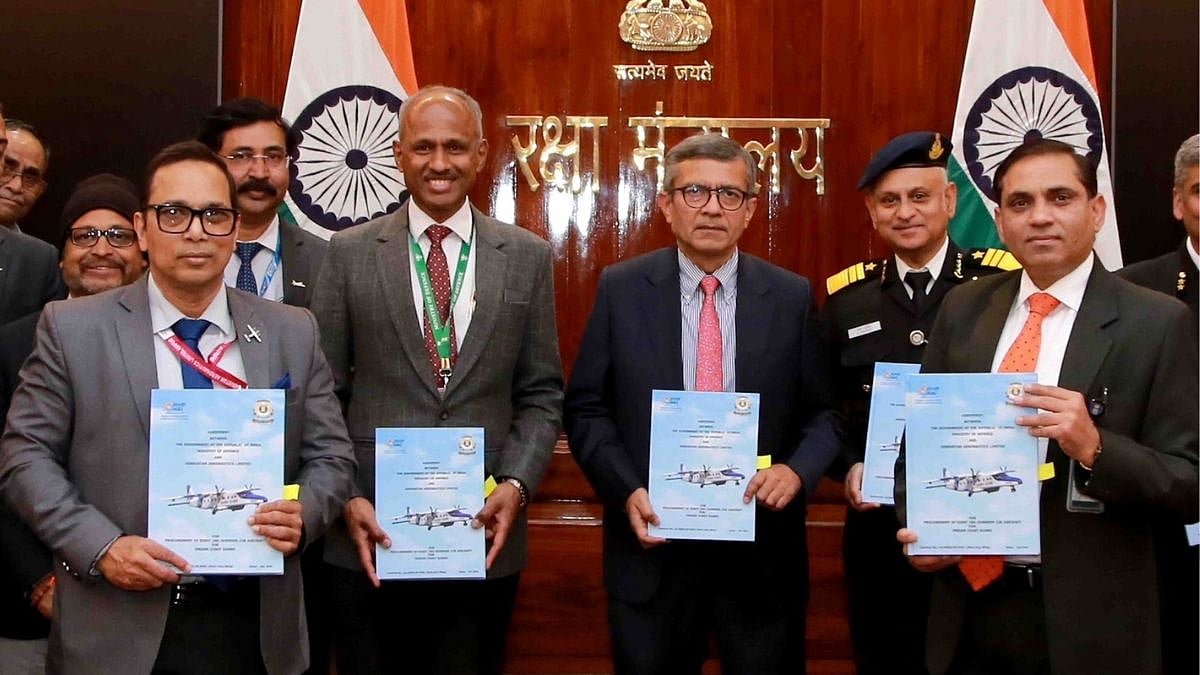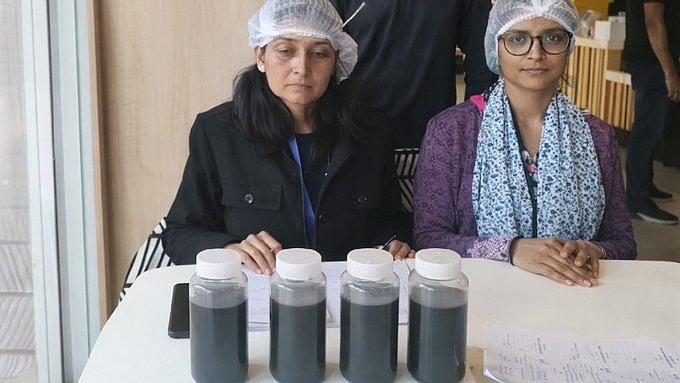Delivering the COVID-19 vaccine directly to the respiratory tract, the primary site of entry in S-CoV-2 infection, may lead to improved protection against the disease, a study in monkeys has found. The global COVID-19 vaccination campaign saved an estimated 20 million lives, researchers said. However, while current COVID-19 vaccines provide protection against developing severe disease, they do little to prevent infection and transmission, they said.
"The failure of the current generation of S-CoV-2 vaccines delivered by the intramuscular (IM) route to block infection likely relates to their inability to induce robust mucosal immune responses at the portal of entry," said study corresponding author Dan H. Barouch, from Beth Israel Deaconess Medical Center (BIDMC), US.
"In this study, we demonstrated that novel immunisation strategies can markedly increase mucosal immunity in non-human primates and improve protective efficacy against a mucosal virus challenge," Barouch said. The study, published in the journal Nature, suggests that it may be possible to improve protection against COVID-19 by delivering the vaccine directly to the respiratory tract. Barouch and colleagues primed 40 adult rhesus macaques with the Ad26 COVID-19 vaccine (Janssen/Johnson & Johnson) administered intramuscularly (IM) - like a shot in the arm adults typically receive.
A year later, the animals received a booster. Of the total, three groups received either a dose of the Ad26 vaccine via the IM route, the intranasal (IN) route (delivered via nasal spray) and the intratracheal (IT) route (delivered by nebuliser or inhaler). The fourth group received a dose of the bivalent mRNA vaccine (Pfizer-BioNTech) by the IN route. A sham group received no boosters. When the macaques were later challenged with a high dose of the virus, the researchers sampled the animals' blood, nasal, and lung fluids to monitor their immune responses.
They found that the Ad26 booster administered via the IT route provided near complete protection against a high-doseS-CoV-2 challenge and induced greater mucosal immunity than it did via the IN or IM route. In contrast, mRNA IN boosting proved ineffective, suggesting that improved formulations will likely be required for effective mucosal delivery of mRNA vaccines, the researchers said.
"Taken together, these data demonstrate that novel immunisation strategies can markedly increase mucosal immunity in non-human primates and improve protective efficacy against a mucosal virus challenge," said Barouch."These data suggest the feasibility of developing vaccines that block respiratory viral infections," she added.









